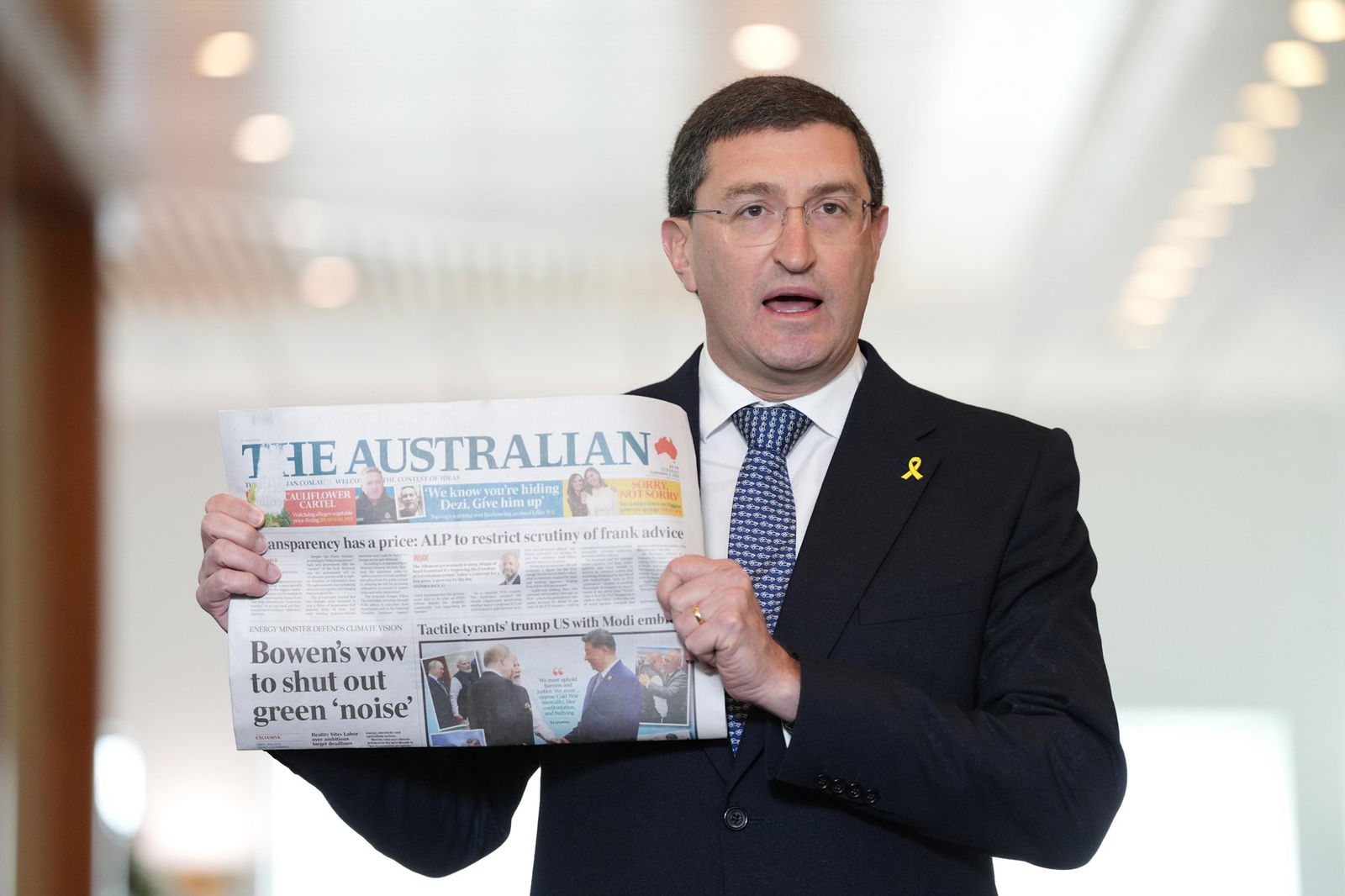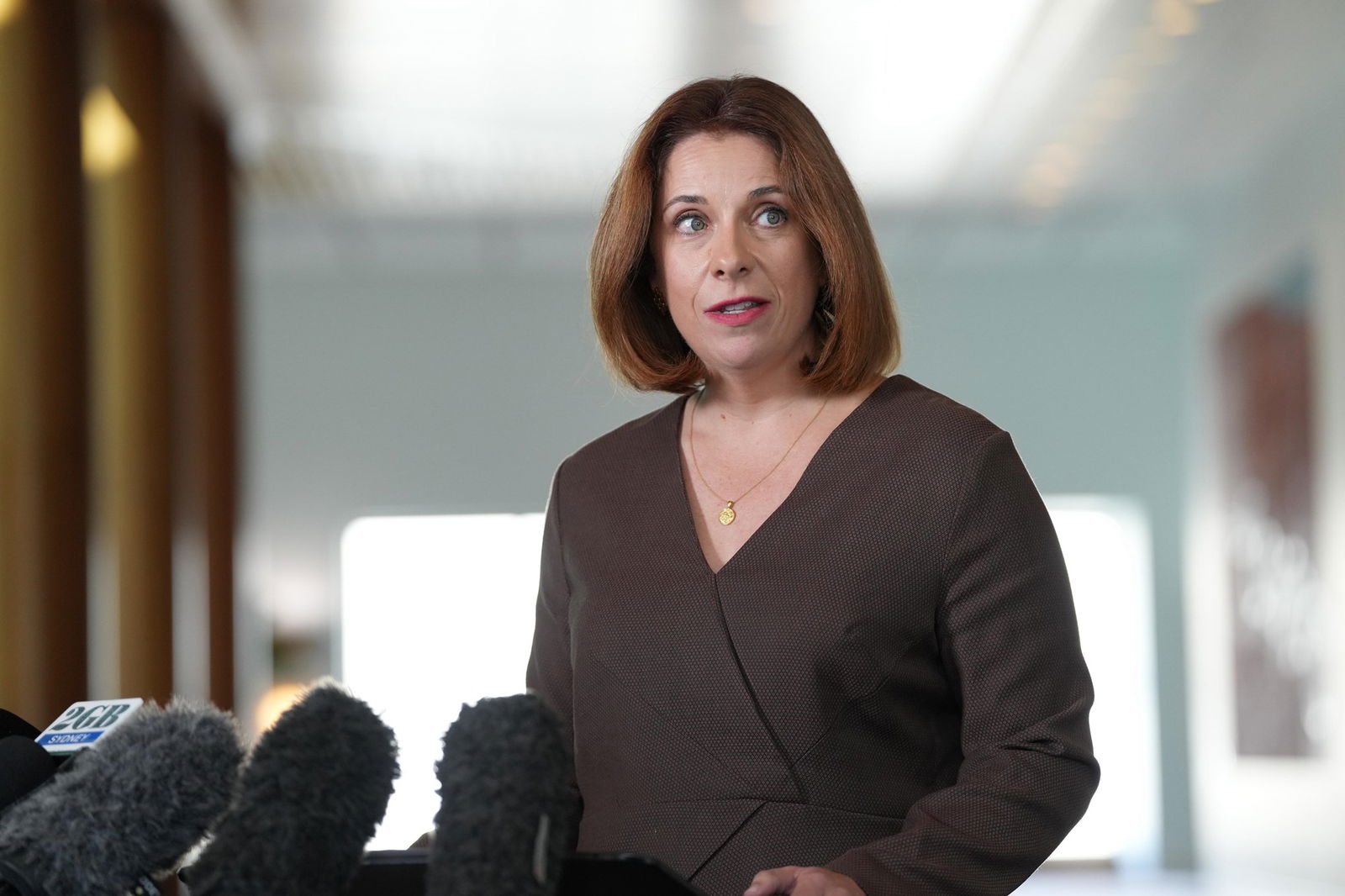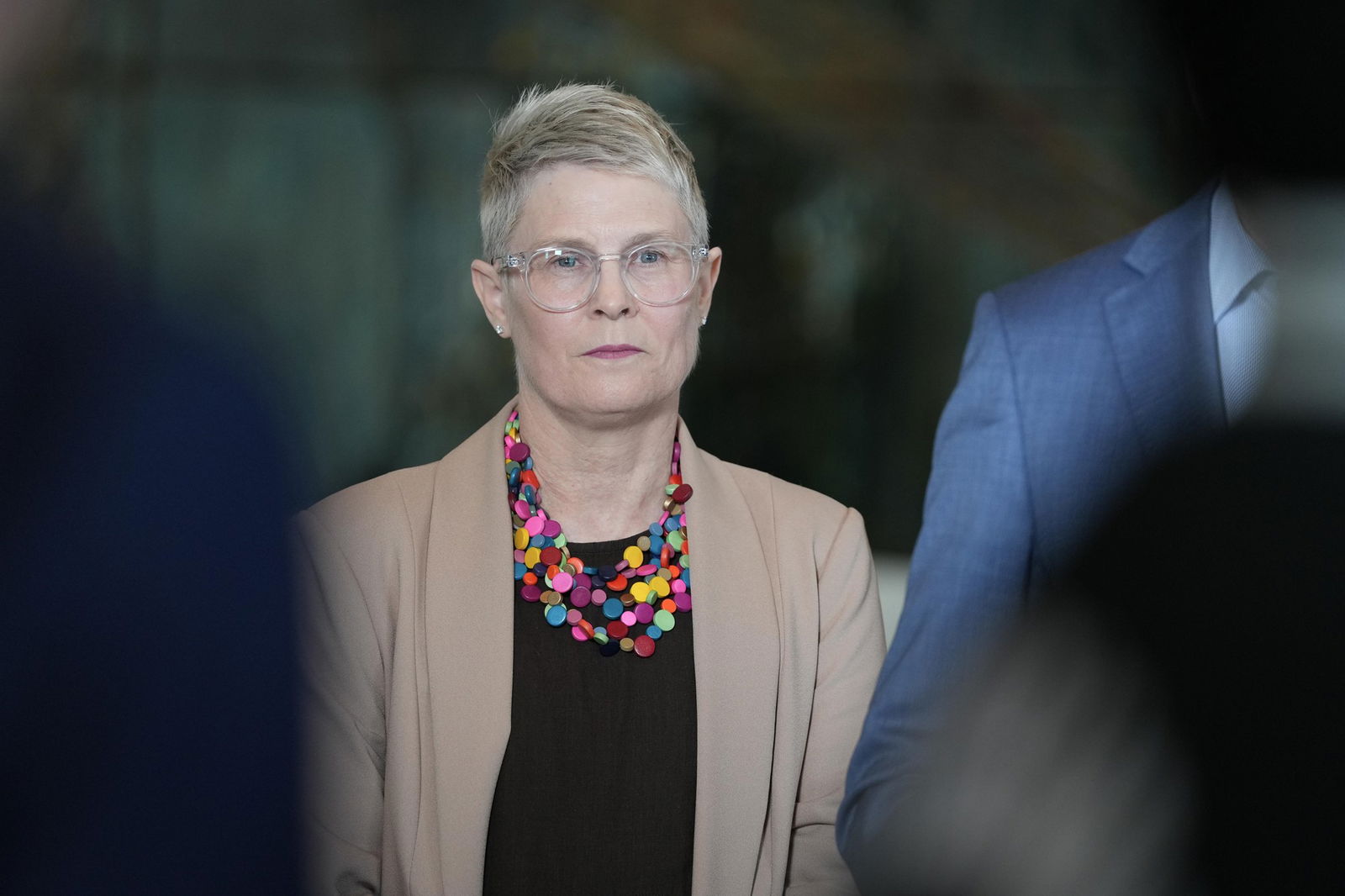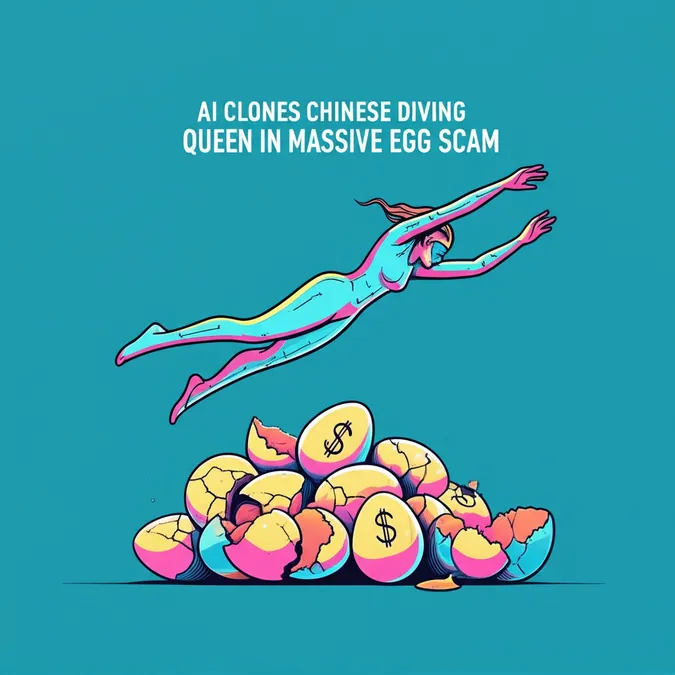Developer Offer
Try ImaginePro API with 50 Free Credits
Build and ship AI-powered visuals with Midjourney, Flux, and more — free credits refresh every month.
Canberra Debates Transparency Tax and AI Tech Regulation
A series of contentious issues are dominating the Australian federal political landscape, with the government facing significant backlash over proposed changes to information access laws, while simultaneously moving to regulate emerging digital threats.
Government's Proposed 'Transparency Tax' Sparks Outcry
The government is set to introduce new legislation that would implement fees for Freedom of Information (FOI) requests. Health Minister Mark Butler defended the move, stating that government departments are being "inundated by anonymous requests," some of which are suspected to be AI-generated or linked to foreign actors. The changes would charge entities like media organizations, though exemptions are planned for individuals seeking personal information.
This proposal has been met with fierce opposition. Shadow Attorney-General Julian Leeser quickly branded the plan a "transparency tax," arguing that the government, which campaigned on a platform of transparency, is now doing the opposite.

The Greens have also voiced strong disapproval, with Senator David Shoebridge declaring that Labor is becoming worse on secrecy than the previous Coalition government. He confirmed the Greens will not support the changes in the Senate, stating, "We need more transparency not less." Transparency advocates have echoed these concerns, with Kieran Pender of the Human Rights Law Centre emphasizing that any changes must be carefully scrutinized, and Greg Barns of the Australian Lawyers Alliance calling the plan "undemocratic."
Tackling Tech Harms: AI Deepfakes and Online Gambling
In a separate legislative push, the government is cracking down on harmful uses of technology. Communications Minister Anika Wells announced a planned move to restrict apps that use generative AI to create deepfake pornographic images, describing it as a necessary "line in the sand." The government intends to work with the industry to enforce these restrictions, placing the onus on tech platforms to prevent harm before it occurs.

Meanwhile, Minister Wells faced questions regarding the government's delayed response to a parliamentary inquiry on online gambling. Despite the inquiry's recommendations for a phased ban on gambling ads being over two years old, a formal response is still pending. Wells deflected responsibility, pointing to shared duties with her colleagues and the states, but confirmed she is working on a path forward.
Navigating Social Tensions: Immigration and Extremism
Recent anti-immigration protests and the involvement of neo-Nazis have drawn comment from Prime Minister Anthony Albanese. He acknowledged that not all attendees were neo-Nazis but condemned the "horrific" gatecrashing of Victorian Premier Jacinta Allan's press conference by a neo-Nazi leader. The Prime Minister urged politicians to call out racist behavior and raised concerns about the targeting of Jewish and Indian communities.
On the policy front, Home Affairs Minister Tony Burke announced that Australia's permanent migration intake will remain at 185,000 for the financial year. Concurrently, a controversial migration bill aimed at removing procedural fairness for some migrants set for deportation is expected to pass with Coalition support, following a brief Senate hearing.
Spotlight on Health and Aged Care Reforms
The government is facing a Senate showdown over delays in delivering home care packages for older Australians. An alliance of the Coalition, Greens, and independent senator David Pocock is pressuring Labor to expedite the release of 20,000 home support packages. With over 200,000 older Australians on waiting lists, the crossbench is leveraging a government bill to push for immediate action.

Greens Senator Penny Allman-Payne shared a personal story of her mother dying while on a waiting list, calling the situation a "national emergency." Health Minister Mark Butler defended the delay in the broader aged care reforms, stating the sector needed more time to prepare for the new system.
In other health news, following an ABC investigation that revealed an IVF clinic sperm mix-up, Minister Butler has indicated he is open to establishing a national body to regulate the IVF industry, admitting that the current self-regulation model is not working.
Compare Plans & Pricing
Find the plan that matches your workload and unlock full access to ImaginePro.
| Plan | Price | Highlights |
|---|---|---|
| Standard | $8 / month |
|
| Premium | $20 / month |
|
Need custom terms? Talk to us to tailor credits, rate limits, or deployment options.
View All Pricing Details

